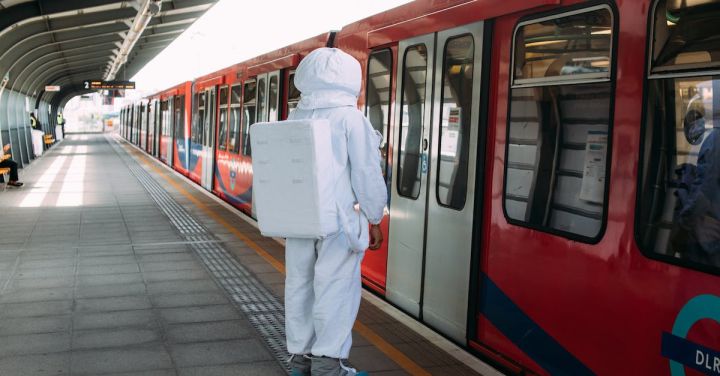The world of railways is undergoing a significant transformation with the introduction of automated trains. These trains, driven by cutting-edge technology, are revolutionizing the way people travel and are set to change the game in the railway industry.
Gone are the days when trains relied solely on human operators for their operations. With automated trains, advanced computer systems take charge of the controls, ensuring precise and efficient journeys. This technology eliminates the potential for human error, making train travel safer than ever before.
One of the most significant advantages of automated trains is their ability to optimize operations. These trains can communicate with each other and coordinate their movements, resulting in improved scheduling and reduced delays. The technology behind automated trains also enables them to adapt to changes in real-time, such as adjusting their speed to maintain a consistent timetable. This level of operational efficiency is a game-changer for the railways, as it allows for increased capacity and the potential for more frequent services.
In addition to operational efficiency, automated trains offer a more comfortable and enjoyable travel experience. With the removal of human operators, the cabins are free from distractions, allowing passengers to relax and enjoy their journey. Furthermore, automated trains are equipped with state-of-the-art technology, such as on-board Wi-Fi and entertainment systems, ensuring that passengers are entertained throughout their trip. This enhanced passenger experience is sure to attract more people to choose trains as their preferred mode of transportation.
Another area where automated trains are making a significant impact is in the field of safety. The advanced technology that drives these trains includes built-in sensors and cameras that constantly monitor the surroundings, ensuring that any potential hazards are detected and addressed promptly. Additionally, the computer systems controlling the trains are designed to respond quickly to emergency situations, mitigating the risks associated with accidents. As a result, automated trains offer a level of safety that surpasses that of traditional trains, making them an attractive option for both commuters and long-distance travelers.
Automated trains also have a positive environmental impact. The technology used in these trains allows for optimized energy consumption, reducing their carbon footprint. By employing regenerative braking and intelligent power management systems, automated trains can efficiently utilize energy, making them a greener alternative to traditional trains. This environmental benefit is crucial in the context of the growing concern for sustainable transportation solutions.
The introduction of automated trains is not without its challenges, however. The implementation of this technology requires substantial investment and upgrades to existing infrastructure. Additionally, there are concerns about job losses in the railway industry as automated trains eliminate the need for human operators. However, these challenges should not overshadow the numerous advantages that automated trains bring to the table.
In conclusion, automated trains are changing the game in the railways. With their operational efficiency, enhanced passenger experience, improved safety, and positive environmental impact, these trains are revolutionizing the way people travel. While challenges remain, the benefits of automated trains far outweigh the obstacles. As the railway industry continues to embrace this technology, we can expect to see a future where automated trains become the norm, providing a smarter, safer, and more sustainable mode of transportation for all.
